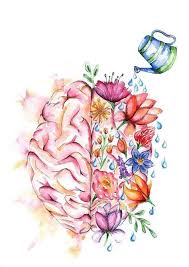Artwork not Housework.
Oil on wood by Celia Turner. Have had to spend the day doing BDT's (Boring domestic tasks) today. That's hoovering, (which is quite difficult as my dog absolutely hates the hoover. I must constantly throw his ball for him with one hand and hoover with the other) Ironing, dusting, waxing furniture etc. Boring, boring, boring. The good news is this painting, I found, tucked away in an old portfolio. I'm sure it is one of a set that I painted some time ago. The bad news is that I turned my studio upside down trying to find the others.
